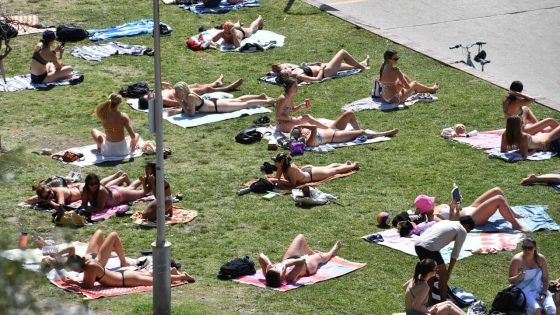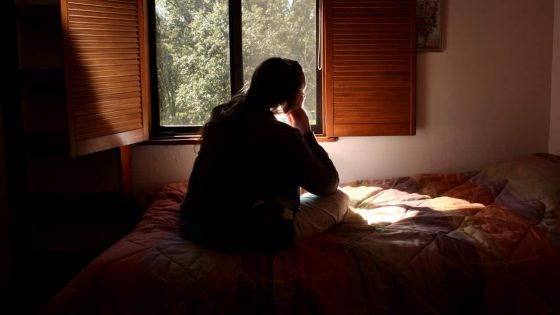Key Points
- Online share accommodation site Flatmates has recorded an 18.8 per cent increase in new listings since this time last year.
- In many suburbs, there were more than 100 people looking for every property listed.
- Vacancy rates have been extremely low, pushing rents higher.
More people are share housing to bring rental costs down at the same time as homeowners are increasingly renting spare rooms to recoup higher mortgage costs.
Share house living is growing as the rental market remains tight and high living costs prod home owners to rent out spare rooms.
Online share accommodation site Flatmates has recorded an 18.8 per cent increase in new listings since this time last year, but even with that boost, demand for rooms is still dramatically outpacing supply.
Community manager of the platform, Claudia Conley, said in many suburbs, there were more than 100 people looking for every property listed.
Listings in popular beach suburbs in Sydney’s east were recording huge interest, with 344 seekers in Tamarama where there was only one home available.
In Bronte, 846 people were hoping to rent one of the four rooms listed on the platform.
Conley said the increased interest in share housing, represented by a record-breaking 212,000 active members on the platform in January, was partly fuelled by normal domestic and overseas migration trends in the summer months.
“The university semester is about to start, many members are looking to move for new jobs, most leases are renewed at this time of year and migration is high as people flock to Australia for that quintessential Aussie summer experience,” she said.
But she said the record-breaking activity was also underpinned by the high cost of living and rental crisis pushing more people towards share accommodation.
Per Capita executive director Emma Dawson said more people were having to share house to bring rental costs down at the same time as more homeowners were having to rent a spare room.
Dawson said extremely low vacancy rates are forcing more people into share housing or staying in these arrangements for longer, particularly young couples.
At the same time, mortgage holders had been hit with several interest rate rises, and many were hoping to recoup those costs by renting out a room.
She said this was partly unwinding the trend to smaller household formations during the pandemic when space became a priority.
“And then, as immigration has returned, and that rental vacancy crunch has really hit, we’re seeing more people having to share houses in order to bring their rental costs down, and also more homeowners having to rent out a spare room in order to make their mortgage payments.”
The latest Statement of Monetary Policy from the Reserve Bank said that while average household size had increased in capital cities over the past year, it remained well below pre-pandemic levels.




